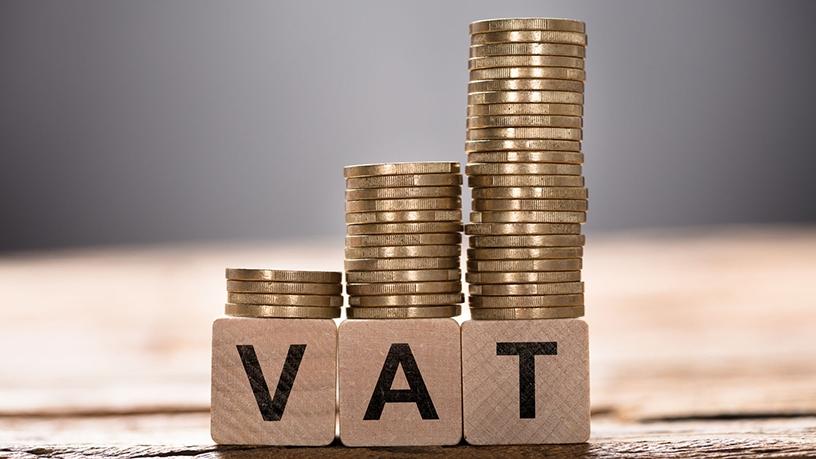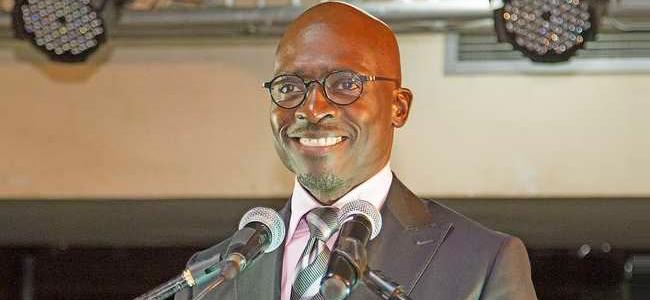
The value-added tax (VAT) hike announced in Budget 2018 will have a huge impact on the ICT sector, while adding pressure to the channel and retail sectors.
On Wednesday, finance minister Malusi Gigaba proposed tax increases worth R36 billion in the 2018/19 budget speech. The bulk (84%) of the revenue will come from a higher VAT rate and limited fiscal drag. VAT was raised by one percentage point to 15%, which adds R28.7 billion to revenue.
This, Gigaba said, was necessary after he announced a R51 billion revenue shortfall in the medium-term budget in October, which meant the budget deficit would rise and the debt to GDP would hit the 60% mark - meaning a bulk of the country's budget would go towards servicing debt.
This is the first hike in VAT since 1993.
"We are probably a year or two overdue; we should have introduced [a VAT increase] a few years back but we had to squeeze the budget in all sorts of ways until we ran out of options," said Gigaba.
Cost increases
Commenting on how this will impact the channel, Simon Campbell-Young, MD of Credence Security, a specialist IT security solutions distributor, says the increase in VAT will obviously lead to cost increases.
"A lot of goods will increase by significantly more than 1% as price point pressure on commodity items and fast-moving goods increases. There will also be reduced margins as suppliers are forced to maintain prices."
He explains that historically, the channel has had limited access to public procurement as a result of the "evergreen" contracts Gigaba referred to.
In his speech, Gigaba said government would also embark on a review of "evergreen contracts", where larger companies got state business in perpetuity, in the process isolating smaller, mostly black, women and youth-owned businesses, from opportunities.
"Government using public procurement to support black economic empowerment, industrialisation and development of small businesses will help create new opportunities for smaller players in the channel," says Campbell-Young.
Uwe Brandkamp, sales director at Weston-Comstor Southern Africa, a value-added technology distributor, is of the view that the VAT increase will have an impact on two fronts.
"Firstly, the end-customer will now pay more, against a potential fixed budget. Secondly, cash flow of the importer, as they will have to fork out an additional percentage at time of import which is only claimed back later."
He points out that VAT levied on offshore online purchases may just bring some of this business back to SA's shores.
"Government 'evergreen' contracts will be reviewed, and a stricter enforcement of on time payment by government departments should have a positive effect on SMEs in our channel," says Brandkamp.

From a retail perspective, retail chain Pick n Pay told ITWeb the added VAT will have an impact on technologies the company uses.
"We are working through the technicalities of implementing the first VAT change in 25 years. Our aim is to make the necessary changes in a way that minimises any disruption for customers," says David North, Pick n Pay's group executive for strategy and corporate affairs.
New definitions
Consultancy firm PricewaterhouseCoopers (PwC) says the proposed hike would result in a significant overhaul of the VAT treatment of electronic services.
It points out the proposed amendments in essence repeal the current electronic services regulation and provide for the deletion of all the specific categories of electronic services previously stated; and now defines electronic services broadly to include any service supplied by means of an electronic agent, electronic communication or the Internet, excluding the supply of telecommunications services as defined and the supply of educational services by a person regulated by an educational authority in a foreign country.
According to PwC, this new definition is sufficiently broad to require that SA VAT is accounted by the foreign supplier on many services that were not previously in scope.
"The result of the amendment is so broad that possibly every supply of services by means of an electronic agent, electronic communication or the Internet, except for telecommunications and educational services, for a consideration, would fall within the ambit of the draft regulation and could potentially require foreign suppliers to register and account for VAT to the South African Revenue Service (SARS)," the consultancy firm says.
It adds it is significant that the SA VAT Act does not contain any specific distinction between B2B supplies and supplies made directly to South African consumers (B2C). Internationally, PwC explains, this distinction often applies and results in a lower compliance burden on foreign business.
It has been proposed that intermediaries and platforms be allowed to register as vendors and to account for the VAT on sales made through such platforms, provided the platform/intermediary facilitates the supply and is responsible for issuing the invoice and collection of the payment.
PwC says this may assist to alleviate the administrative burden that may be caused by increasing the number of electronic services suppliers that will have to register as vendors.
If enacted, the proposed amendments will become effective on 1 October 2018 and National Treasury has allowed a short period of time to provide comments before 22 March 2018. There is a window of opportunity to make representations to limit the impact of these changes.
Share